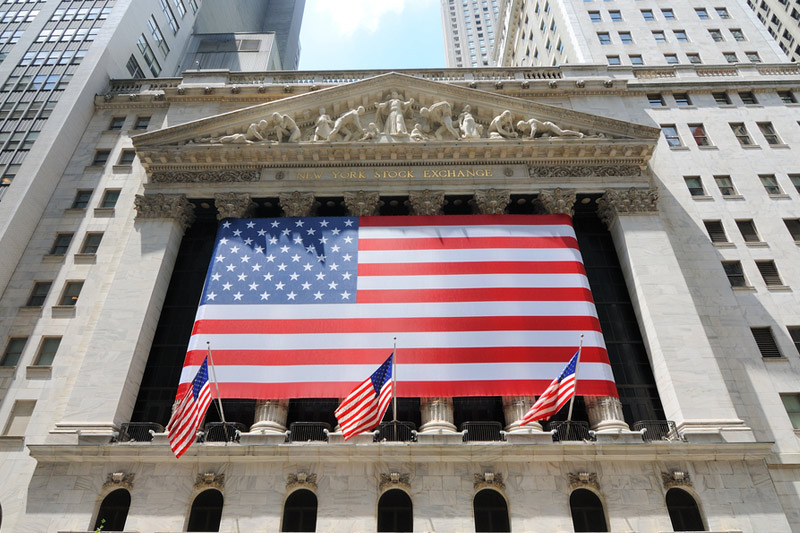By Trevor Hunnicutt
NEW YORK (Reuters) - Investors recoiled during a turbulent week for markets, pulling the most cash from high-yield bond funds since March and billions more from stock funds, Lipper data for U.S.-based funds showed on Thursday.
Those high-yield "junk" bond mutual funds and exchange-traded funds posted $2.2 billion in withdrawals, while stock fund outflows sank to $5.9 billion during the seven days through Aug. 16, according to the research service.
"If high-yield starts to break down, that would be really bad for the markets," said Brad Lamensdorf, portfolio manager for AdvisorShares Ranger Equity Bear ETF.
"A weak junk bond market will stop the financing of debt to create stock buybacks, which has been holding up this market up."
Two pullbacks of more than 1 percent in S&P 500 index this month jolted calm markets back to life, following geopolitical tensions between the United States and North Korea as well as questions surrounding U.S. President Donald Trump's administration bringing its economic agenda to fruition. Trump disbanded two high-profile business advisory councils on Wednesday after several chief executives quit in protest over his remarks blaming weekend violence in Virginia on anti-racism activists as well as white nationalists.
The CBOE Volatility Index, which has been trading below its historical average, also spiked.
Financial sector funds, a huge beneficiary of last November's election of Trump, posted $888 million in outflows in their largest week of withdrawals since June. Overall, domestic stock fund outflows were $5.7 billion, according to Lipper.
Non-domestic stock funds recorded just their fourth week of withdrawals this year, with investors pulling $257 million during the week, the data showed.
Lipper said safe haven money-market funds pulled in $13 billion, while a category of funds invested in precious metals such as gold attracted $386 million after six straight weeks of withdrawals.
"Safe-haven plays were in play," said Tom Roseen, head of research services for Thomson Reuters' Lipper unit.
"Investors as a whole were basically shunning some of the areas that we call high risk, even in fixed income."
